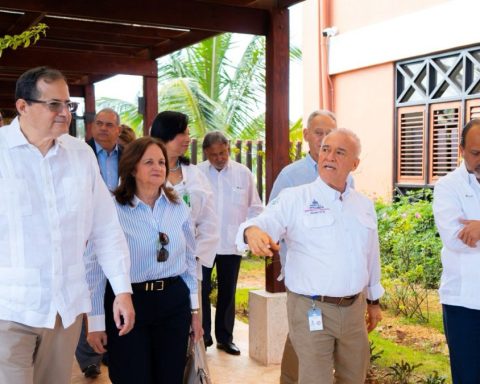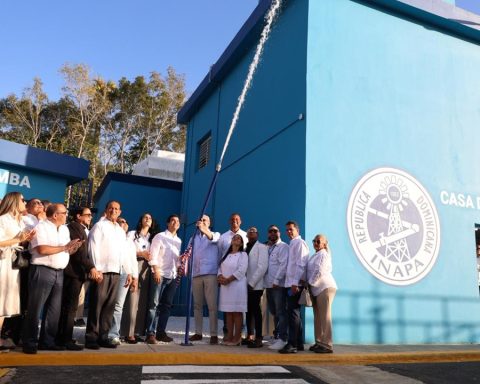It has been almost a year since the United Nations Security Council adopted the firm decision to form a multinational force to combat the criminal gangs that have proliferated in Haiti.
This has happened since politicians, businessmen and other actors with a certain amount of power understood that they had to provide their own protection against the fall of the State as guarantor of the security of all.
What the backers of these private armies did not expect was that over time the gang members would outgrow the framework of coordinated control and become a danger to their own supporters, which is what has happened, as the gang leaders became whetted for political power and now seem uncontrollable.
Supposedly looking after the interests of their creators and sponsors, the gangs are armed to the teeth, with weapons that come to them from different sources, especially from Miami and South Florida—according to reports from the UN itself and private investigations—the firepower of the gangs is a reality that cannot be confronted with rhetoric, but with violent actions at the same level as their criminal actions.
However, it is the interim government itself—in Haiti everything seems to be provisional—that is clamoring for “friendly countries” to complete the complex framework of external assistance to provide the National Police with the capacity to deal with the gangs in the bloody terrain where they operate.
And after a series of setbacks and more or less untied knots, the multinational deployment is not even a quarter of what was initially agreed upon as the slightly necessary contingent.
The most relevant factor in this quasi-warlike deployment is the Kenyan police contingent, on which the most credible expectations were based, given the capacity for territorial confrontation that this Police has demonstrated in other places where they have been assigned tasks similar to those conceived for Haiti.
However, the Kenyan presence is at 60%, while the other countries that committed to sending troops have not fulfilled their commitments to bring their soldiers to Haitian territory. Without the remaining support, the mission will inevitably collapse.














